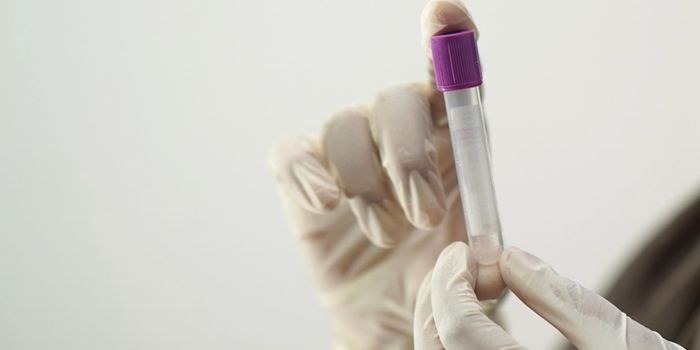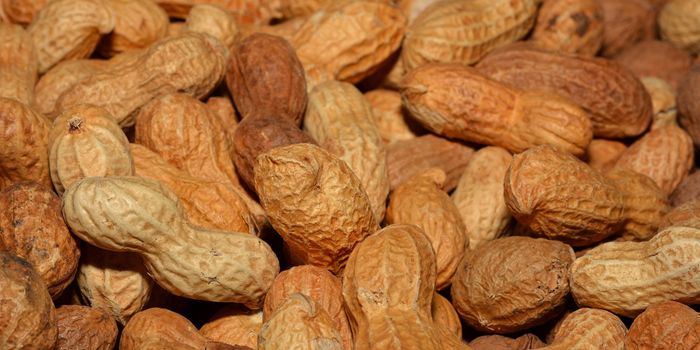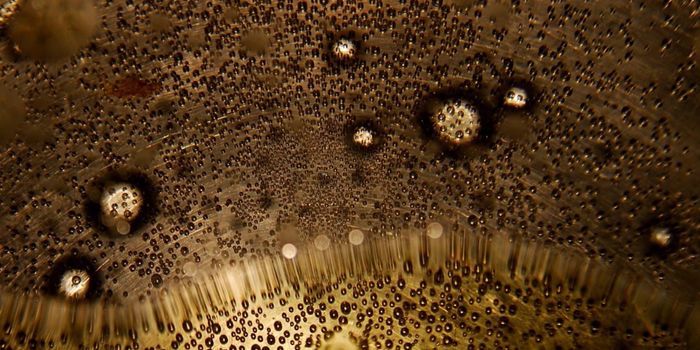Turning back to nature’s marine medicine cabinet, scientists at the University of South Florida (USF) may have found a new chemical that can beat the formidable methicillin-resistant
Staphylococcus aureus (MRSA) bacteria. The compound, named “
darwinolide,” was extracted from the arctic sea sponge
Dendrilla membranosa. The team hopes the new compound will give doctors the upper hand in hospital settings plagued by MRSA infections.
The
Staphylococcus aureus bacteria are found on the skin and nose of most people – even healthy persons. Most of the time, Staph infections are minor and don’t warrant extensive treatments. However, Staph infections take a serious turn when the bacteria invade the bloodstream and major organs. Even more dangerous, some types of Staph, such as MRSA, have become resistant to antibiotics that are common in a doctor’s arsenal. As such, MRSA infections represent some of the biggest health risks for patients and their doctors.
"In recent years, MRSA has become resistant to vancomycin and threatens to take away our most valuable treatment option against staph infections," said Lindsey N. Shaw, USF microbiologist and study co-author.
Whereas highly-resistant MRSA used to be mostly confined to the health care settings, such as in hospitals, nursing homes, and dialysis centers – the resistant strain can now be found in high-traffic community areas too. Locker rooms, gyms, and schools also provide good breeding grounds for the MRSA and its spread through the community.
One of bacteria’s most effective defenses against antibiotics is its ability to form a biofilm, which are aggregated colonies that secrete a slimy substance that protects the bacteria against the environment. "Biofilms, formed by many pathogenic bacteria during infection, are a collection of cells coated in a variety of carbohydrates, proteins and DNA," said Shaw. "Up to 80 percent of all infections are caused by biofilms and are resistant to therapy. We desperately need new anti-biofilm agents to treat drug resistant bacterial infections like MRSA."
Indeed, by going to the ends of the Earth, they may have found an answer in the arctic sea sponge. The team’s leader, Bill Baker, has extensive experience with marine medicine, as he studies the chemical ecology of Antarctica to find natural compounds with pharmaceutical potential.
From freeze-dried Antarctic sponges, the team extracted and purified a chemical that they named darwinolide. The compound proved to be effective against the biofilm phase of MRSA, making it a promising compound against this difficult-to-treat infection.
"When we screened darwinolide against MRSA we found that only 1.6 percent of the bacterium survived and grew. This suggests that darwinolide may be a good foundation for an urgently needed antibiotic effective against biofilms," said Baker.
Despite growing advances in medicine and pharmaceuticals, MRSA account for over 80,000 hospital-acquired infections, leading to over 11,000 deaths every year. "We suggest that darwinolide may present a highly suitable scaffold for the development of urgently needed, novel, anti-biofilm-specific antibiotics," the authors concluded.
Additional source:
EurekAlert!









